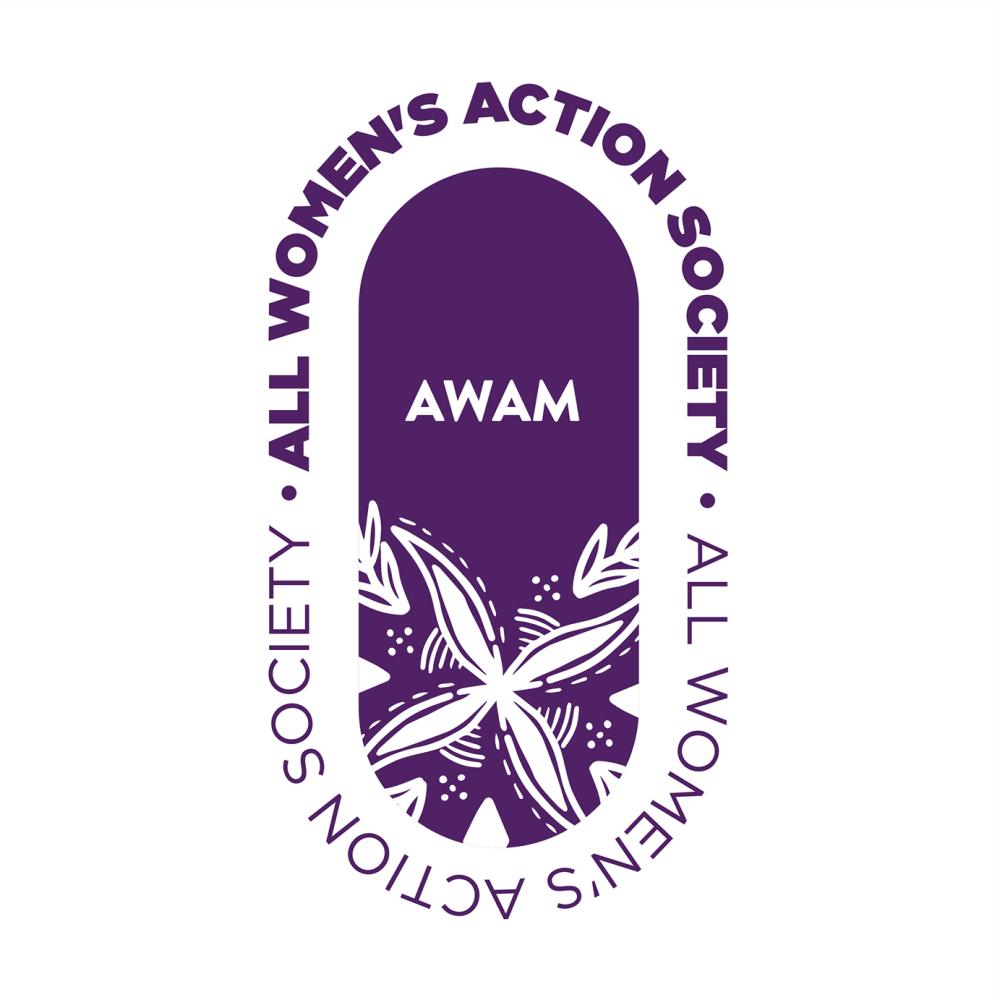PETALING JAYA: The All Women’s Action Society has called on the government to take a coordinated approach to address period poverty, stressing the need for subsidised menstrual products, comprehensive health education and better sanitation facilities.
Its programme officer Huang Jin Qiu said statistics revealed that 12,870 of the 130,000 female students in the country face difficulties obtaining menstrual products.
She also called for an end to practices such as period spot checks and reduction of the stigma of menstruation through inclusive education for boys and girls.
“Cross-ministry collaboration involving the health, education and women, family and community development ministries and relevant agencies is crucial to ensure
a coordinated approach to address period poverty.”
She said inadequate access to essential facilities, such as clean running water and designated changing areas, poses additional challenges for using reusable hygiene products, especially in rural communities.
She said women face heightened economic challenges and remote areas often require them to travel long distances to purchase hygiene supplies.
“In communities where menstruation remains a taboo and shared living spaces are common, especially in mixed-gender environments, the effectiveness of reusable products may be limited due to privacy concerns and social discomfort.”
The “Save The Schools 2021” report by the society reveals that 94.6% of period spot check violations occur in primary and secondary schools in Malaysia.
Huang said via the “16 Days of Activism” campaign by NGO Knowledge and Rights with Young People through Safer Spaces, the Education Ministry had been criticised over lack of accountability on period spot checks.
This is despite the formation of an investigative task force in 2022, which underscored continued neglect of menstrual health and related issues.
“The Education Ministry should implement a clear, nationwide policy explicitly prohibiting invasive practices such as spot checks, and provide mandatory training for teachers on menstrual health, students’ rights and child protection to reduce the stigma and ensure they understand the psychological impact of such practices.
“Our ‘Haid, Jangan Hide’ programme empowers women and girls by destigmatising menstruation through a 40-minute awareness talk and a reusable pad-sewing workshop, which benefitted over 150 participants, mostly primary schoolgirls and grassroots women.”
Universiti Utara Malaysia School of International Studies senior lecturer and undergraduate coordinator Assoc Prof Dr Ummu Atiyah Ahmad Zakuan said in many cultures, periods are perceived as unclean or taboo due to its association with blood.
“To reduce the stigma, menstrual health education must be included in school curriculums for boys and girls to foster understanding and normalise
the conversation.
“Encourage fathers and male siblings to participate in discussions about menstruation to break the cycle of ignorance and stigma.”
She said policy and legislation could help address the stigma whereas advocating menstrual accessibility could raise awareness and educate communities that menstruation is a normal biological function of women.
She said such actions and measures could create a framework to change cultural practices and stigma around menstruation, ensuring women and girls can live dignified and healthy lives.
“In the medium and long term, education and awareness on menstrual health must be integrated into school curriculums and extended through community health campaigns.
“The introduction of various legislations, such as the elimination or reduction of taxation on menstrual products and increased budget allocation for this issue would be impactful for women.”
She said ignoring period poverty could have significant negative impacts that extend beyond well-being as period poverty could lead to reduced productivity, increased school dropouts and limited career opportunities due to missed work or educational days.
“By working together, we could create a sustainable ecosystem that addresses period poverty, uplifts marginalised groups and fosters equality and dignity for all.”









